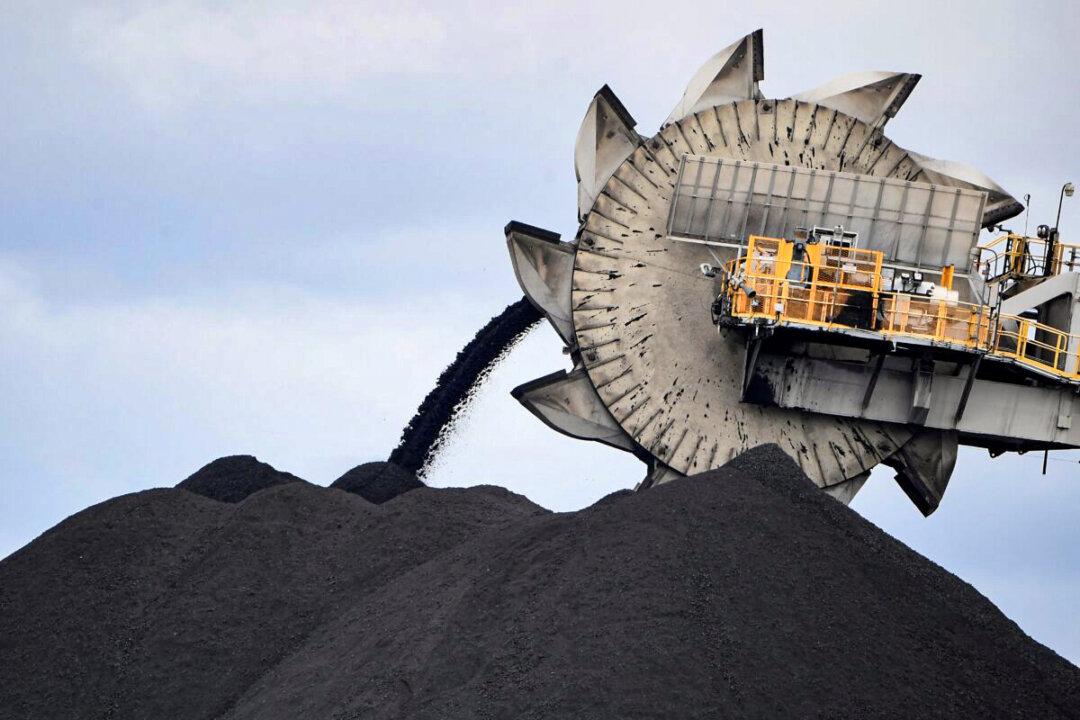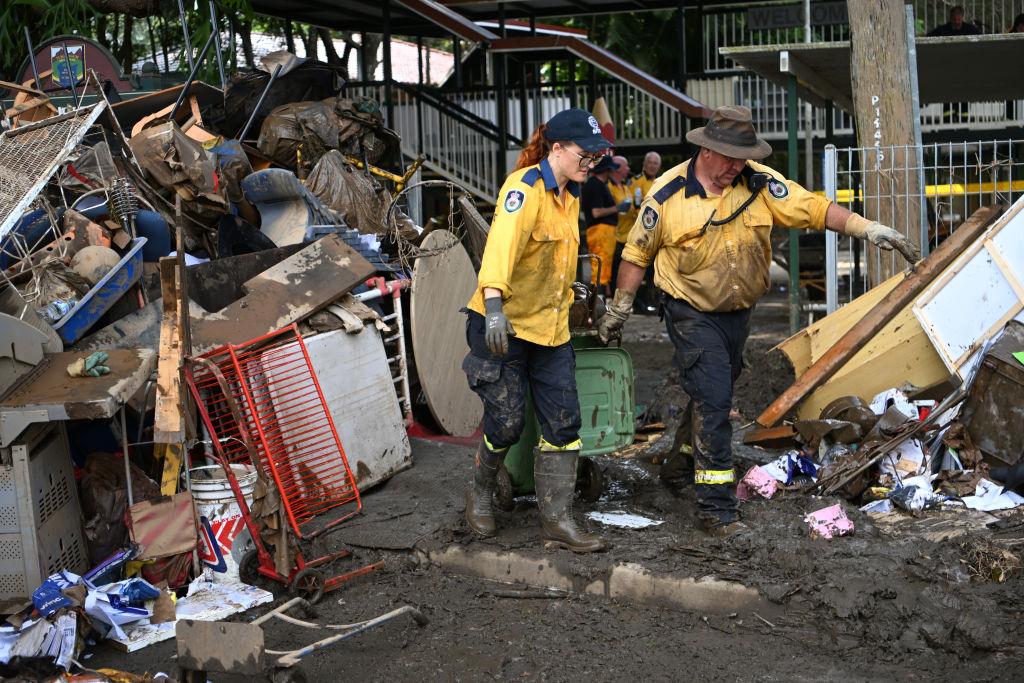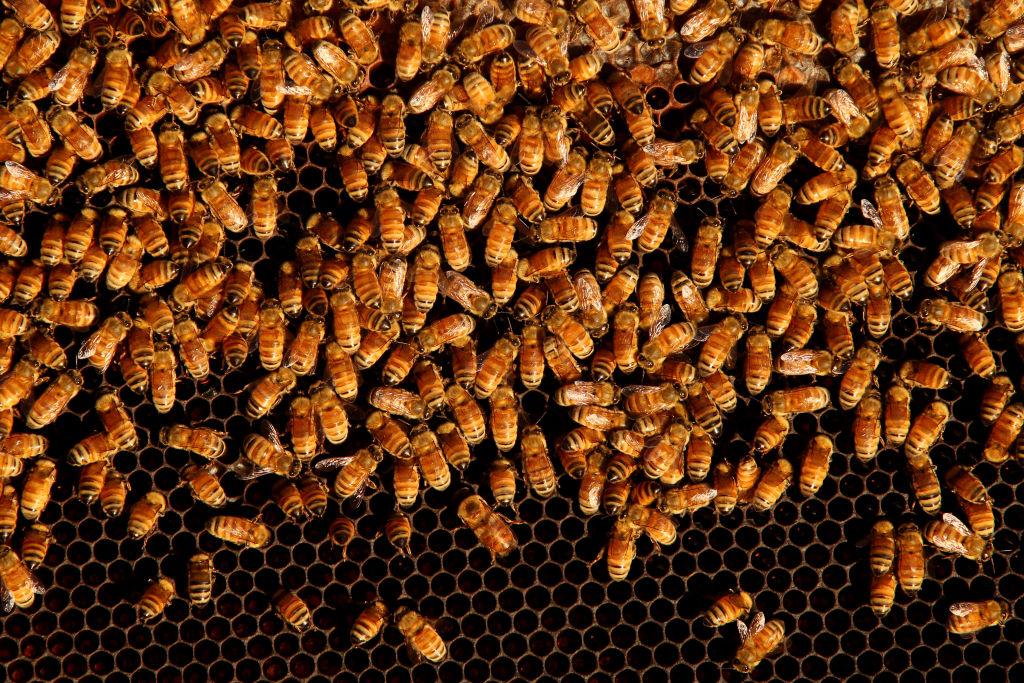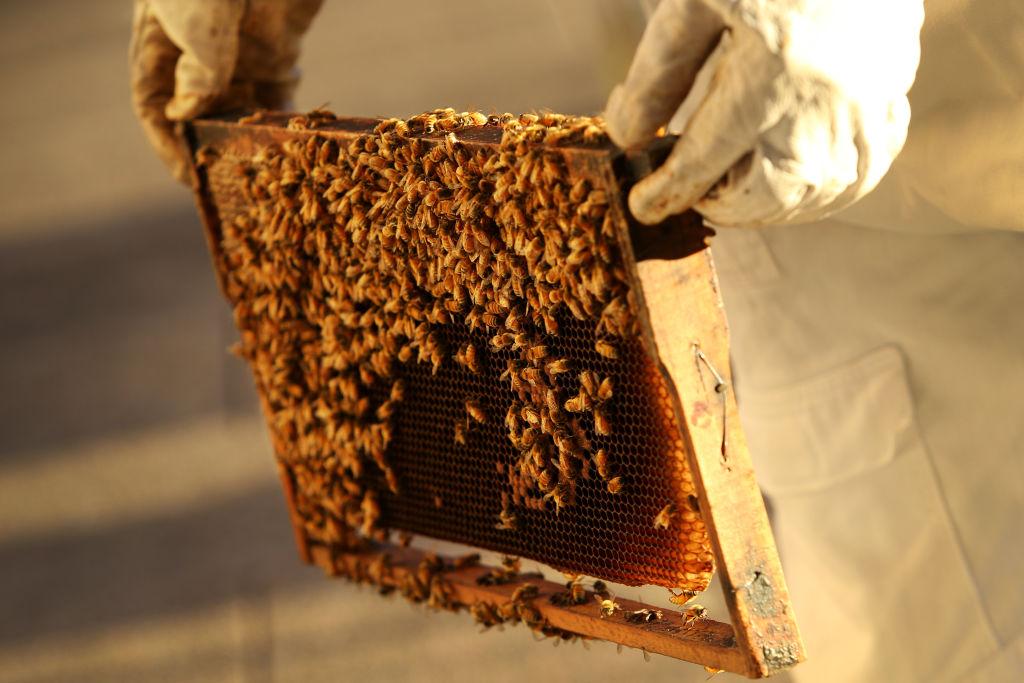The Australian federal government has cancelled applications for two proposed coal mine projects in Queensland after the developers failed to provide the necessary environmental credentials and outline any impacts the projects will have on the environment.

A bucket-wheel dumping soil and sand removed from another area of the mine in Newcastle, Australia, the world's largest coal exporting port, on Nov. 5, 2021. Saeed Khan/AFP via Getty Images
|Updated:
Lis Wang is an Australia based reporter covering a range of topics including health, culture, and social issues. She has a background in design. Lis can be contacted on [email protected]
Author’s Selected Articles




